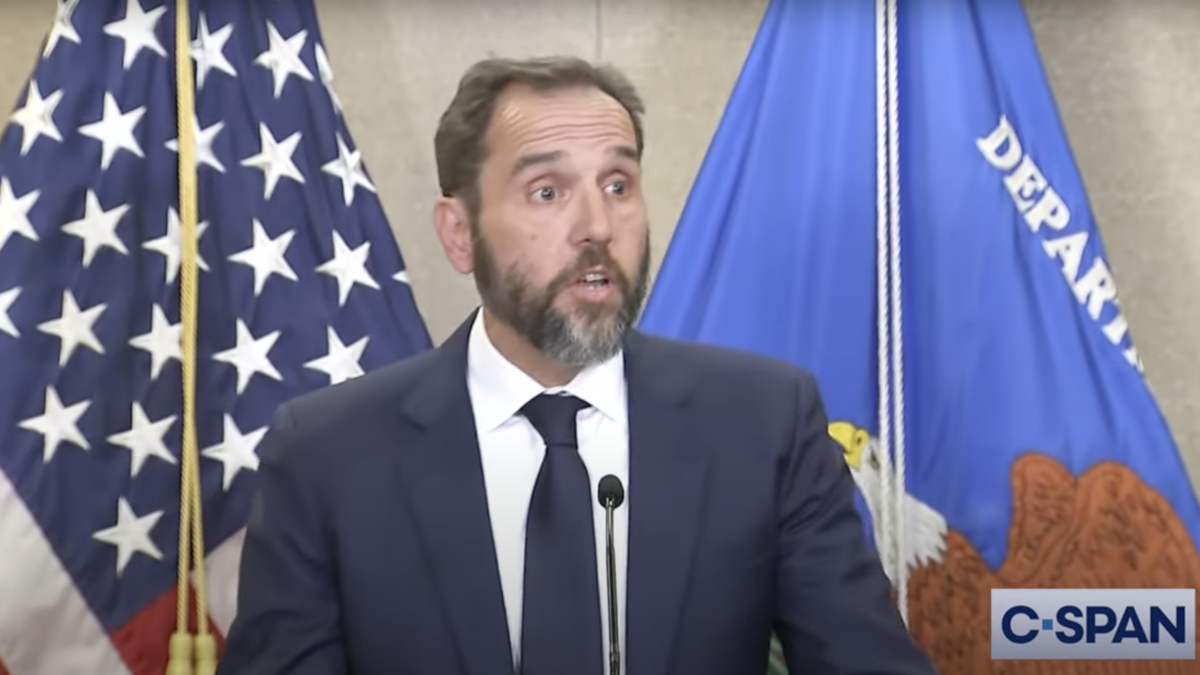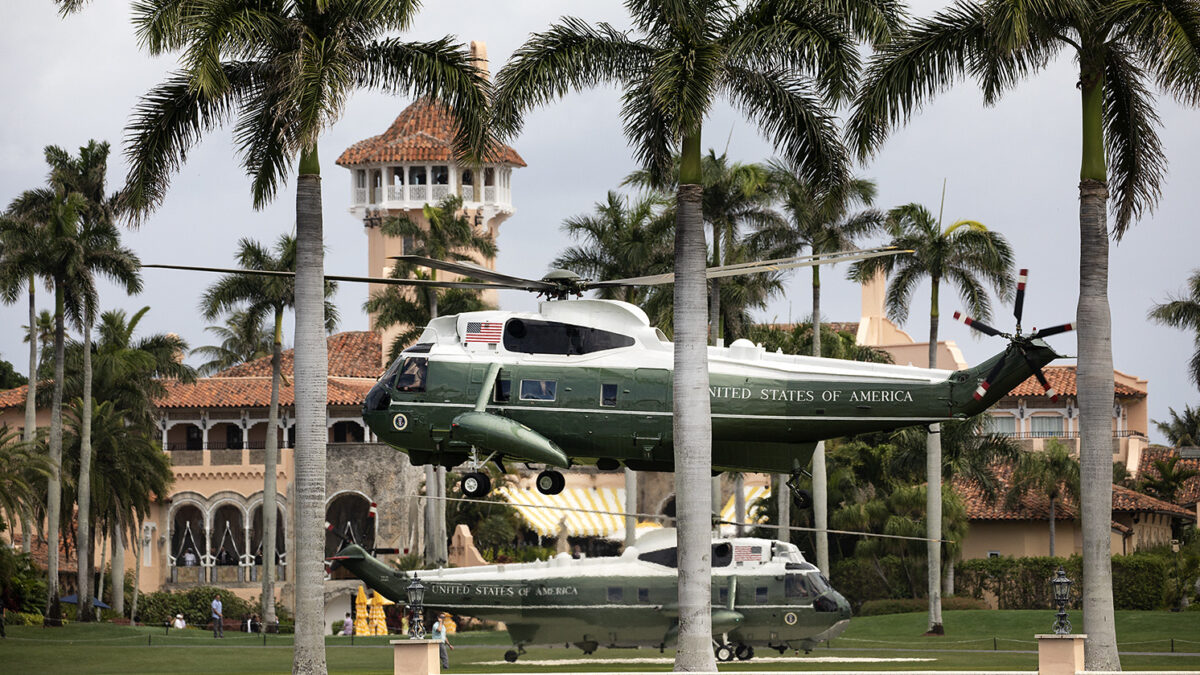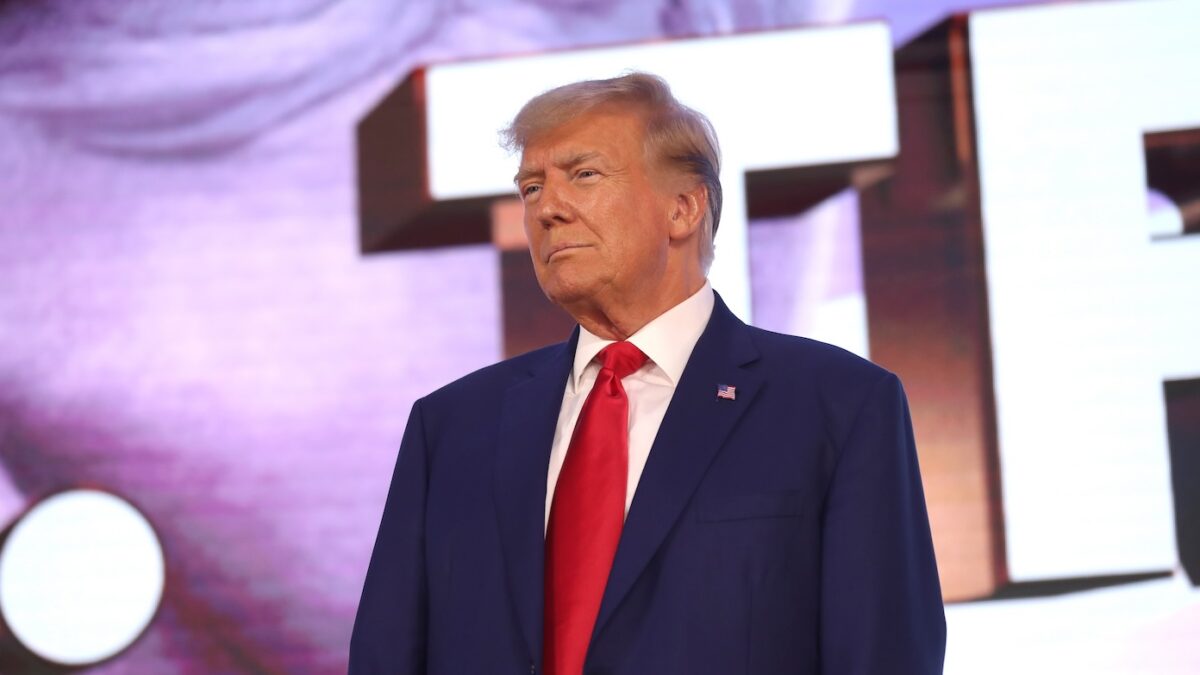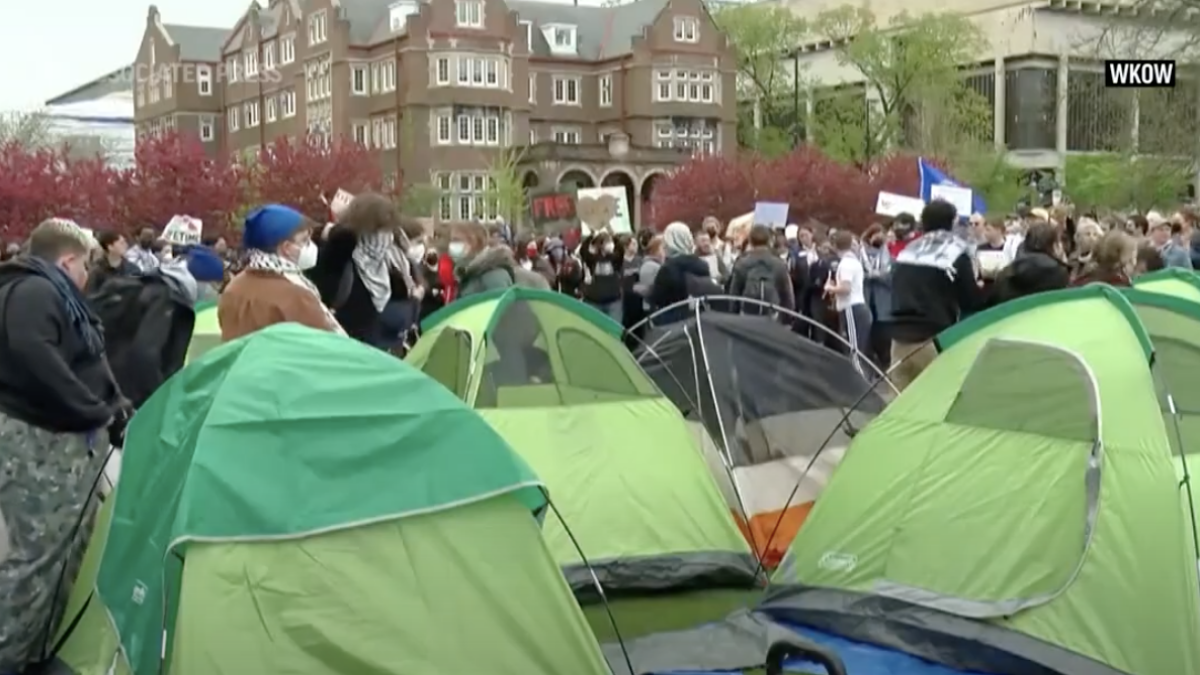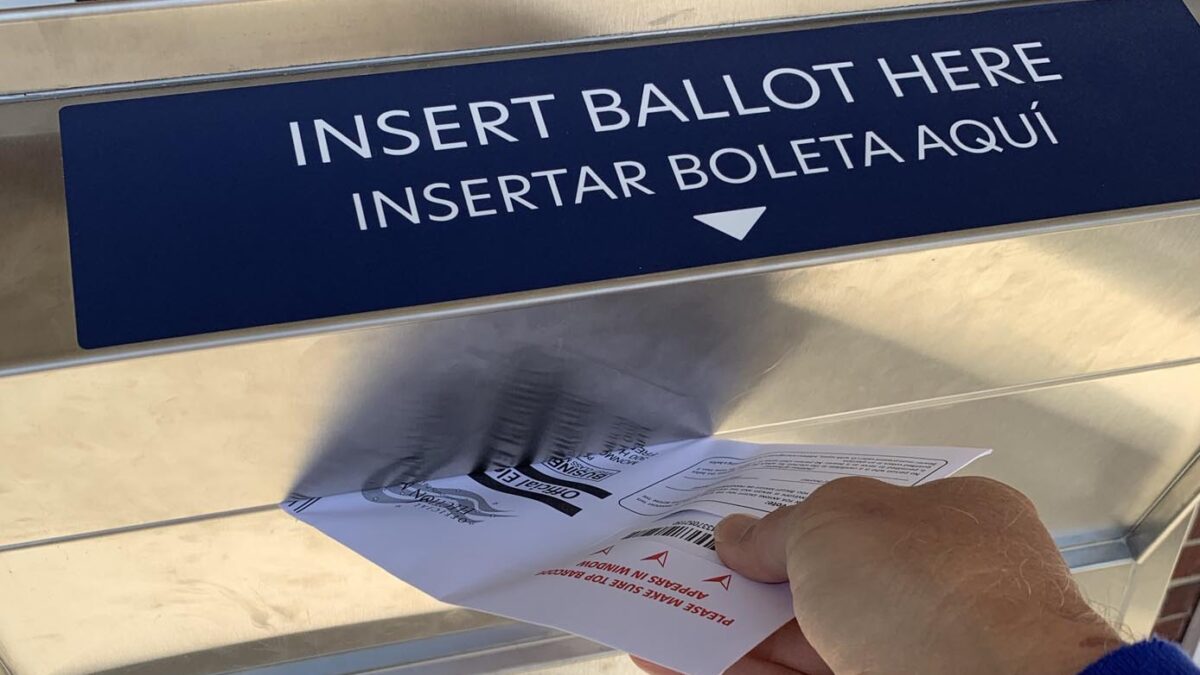Democrat hacks have claimed that Special Counsel Jack Smith’s indictments against Donald Trump over the former president’s challenging of the 2020 election are legally sound. So why is Smith grasping at legal straws in his latest court filing?
On Monday, Smith filed a brief with the U.S. Supreme Court urging the nation’s highest judicial body to dismiss Trump’s presidential immunity claims. Citing the Jan. 6, 2021, riot at the U.S. Capitol, the special counsel indicted Trump in August over his speech questioning the administration of the 2020 election. This prompted the former president’s legal team to file a motion essentially arguing that Trump “should be immune from prosecution because the conduct he is accused of constituted official acts of the president,” as Fox News summarized.
“The President’s constitutional duty to take care that the laws be faithfully executed does not entail a general right to violate them,” Smith claimed.
As legacy media rushed to elevate the special counsel’s arguments against Trump’s immunity claims, they ignored a footnote in Monday’s filing that telegraphs how Smith will attempt to have the former president convicted on several counts — even if those same charges are effectively dismissed in a separate case by SCOTUS.
[RELATED: 6 Ways Jack Smith’s Latest Indictment Is Legally Flawed And Politically Shady]
The footnote in question pertains to 18 U.S. Code § 1512(c), which carries up to a 20-year prison sentence for anyone who “corruptly”:
(1) alters, destroys, mutilates, or conceals a record, document, or other object, or attempts to do so, with the intent to impair the object’s integrity or availability for use in an official proceeding; or
(2) otherwise obstructs, influences, or impedes any official proceeding, or attempts to do so.
Two of the four charges Smith filed against Trump are based on 1512(c). Smith’s preferred reading of the statute would allow the DOJ to interpret subsection (2) incredibly broadly. As my colleague Tristan Justice previously reported, the statute’s “obstruction of an official proceeding” provision has also been used by federal authorities “to charge so far more than 300 [Jan. 6] defendants with felonies in the [past] three years.”
“It’s the most frequently charged Jan. 6 felony, and the basis for keeping many protesters in jail without bond for months or even years before they reached trial,” Justice noted. “It’s never before been used in the way the DOJ has applied it to Jan. 6 protesters.”
A lawsuit challenging the Justice Department’s abuse of the statute is currently being considered by the Supreme Court, with oral arguments in Fischer v. United States to be heard on April 16. Joseph Fischer, a Jan. 6 defendant, argues the second half of the statute isn’t a license to prosecute anything that “otherwise” impeded a proceeding but rather should be interpreted as a modifier to the first half of the statute. In other words, as The Federalist’s Margot Cleveland explained, the argument is that “the statute only criminalized conduct that rendered evidence unavailable to an ‘official proceeding.’”
A decision in Fischer’s favor would seemingly negate the two 1512(c)-related charges against Trump and “upend hundreds of charges filed by federal prosecutors against those present at the Jan. 6 Capitol riot,” according to Justice.
In an apparent attempt to sidestep such a ruling, however, Smith argued in his Monday brief that even if SCOTUS deems the DOJ’s use of 1512(c)(2) unlawful, the related charges filed against Trump should still stand because Trump somehow impaired evidence for use in an official proceeding.
“Petitioner asserts … that the grant of review in Fischer v. United States … suggests that the Section 1512(c)(2) charges here impermissibly stretch the statute. But whether the Court interprets Section 1512(c)(2) consistently with a natural reading of its text or adopts the evidence-impairment gloss urged by the petitioner in Fischer, the Section 1512 charges in this case are valid,” Smith wrote, additionally claiming that “the use of falsehoods or creation of ‘false’ documents satisfies an evidence-impairment interpretation.”
As investigative reporter Julie Kelly explained, Smith is essentially contending that “the alternative electoral certificates” supported by Trump and his election team and submitted to Congress “represent ‘documents’ that were fraudulently used in an ‘official proceeding.'” By arguing this, Smith is attempting to preserve his ability to go after Trump based on subsection (1) of the statute even if his ability to prosecute based on subsection (2) is nullified.
This argument requires Smith to make the case that “Pieces of paper signed and sent by other Americans to protest of a rigged election are now equal to accounting records destroyed in service of covering up a crime,” Kelly explained. It’s worth noting that contingent electors casting votes for their presidential candidate is neither illegal nor unprecedented.
[READ NEXT: Why SCOTUS Will Likely Smack Down Two Of Jack Smith’s Get-Trump Charges As Non-Crimes]
Smith is desperately trying to stretch the 1512(c) statute in the hopes that he can bypass a potential ruling from SCOTUS deeming the government’s abuse of the law illegal. Such a slimy maneuver seeks to give federal prosecutors with Joe Biden’s DOJ the power to continue their lawfare against Trump ahead of the 2024 election.
